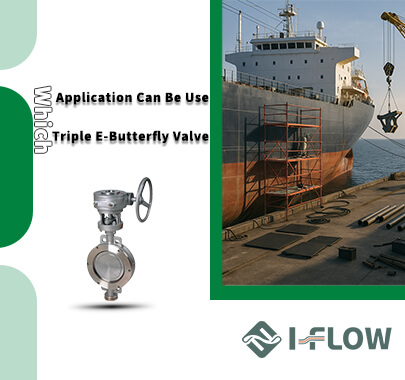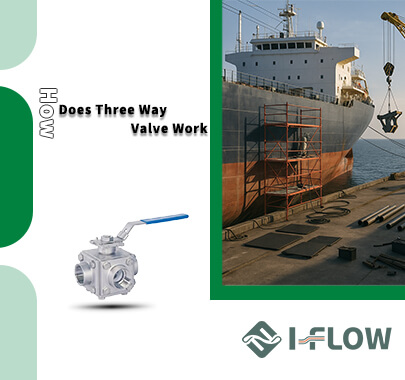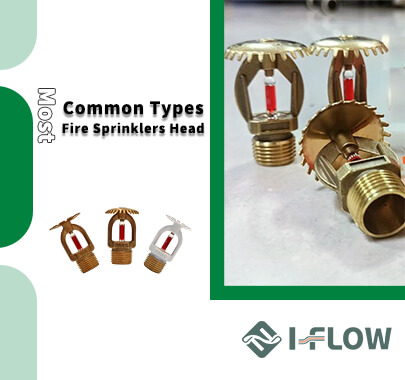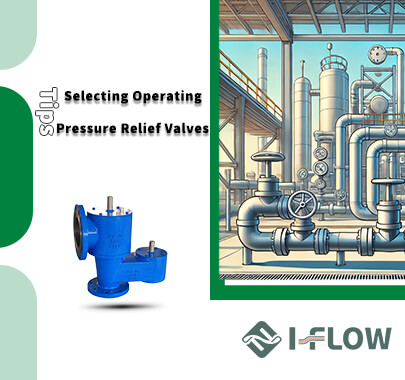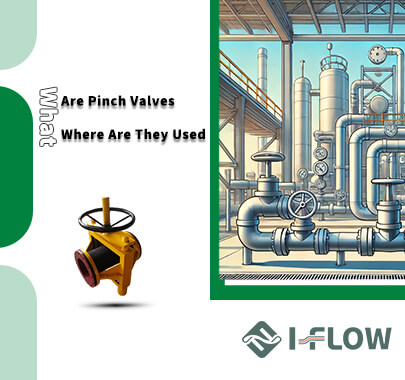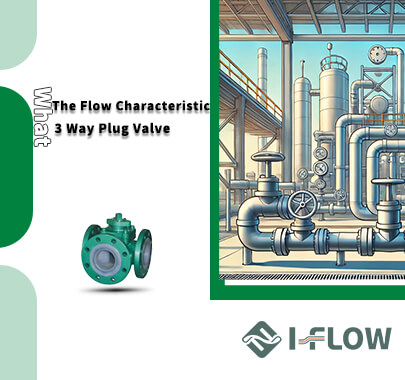
Why Fish Farming Industry ?
The UN Food and Agriculture Organization predicts that the world’s population will reach 9.7 billion by 2050. Demand for food is set to rise by 50%, and meeting this requirement will call for a significant increase in protein production.Fish farming is one of the most fasted-growing industries in the world. It is an important method of producing fish to meet the growing demand for protein in a sustainable and re- sponsible way.
1.Increasing demand for fish: 2. Decline in wild fish stocks:
With a growing global population, there is a Overfishing and habitat destruction
greater demand for fish as a source for protein. have led to declind in wild fish stocks.
3. Advances in technology: 4.Government support:
More efficient and cost-effective to raise fish Many governments recognizing its
in controlled environment. petential to improve food security.

I-FLOW’s valves used in this pioneering hybrid flow-through system, which can help to lessen the water treatment complexity and to increase the recirculation rate.
QINGDAO I-FLOW CO. LTD
Established in 2010, specializes in delivering tailored flow control solutions for the FISH FARMING industry. Our expertise extends to prominent projects, including our participation in one of the world's largest land-based fish farming ventures in Norway. Through meticulous material selection and our robust quality management system, IFLOW is dedicated to ensuring top-tier water quality for fish farming.
Our commitment to excellence in flow control solutions makes IFLOW the ideal choice for enhancing water quality and efficiency in fish farming operations.

IFLOW's Fish Farming Valves
We offers a comprehensive range of valves, including butterfly valves, knife gate valves, check valves, ball valves, and more. These valves are available in various materials such as ductile iron, stainless steel, and plastic. We offer flexibility in valve operation, providing manual, pneumatic, and electric options.

NOTE: Additional valves are available, please visit https://www.iflowvalves.com/pro/industry for more information

Advancing Fish Farming Sustainability Through Innovative Valve Solutions-IFLOW
IFLOW has made significant contributions to the world's leading fish farms, particularly in the realm of land-based salmon production. Our valve solutions play a pivotal role in enhancing these operations in several ways:
Automated Water Treatment: IFLOW's valves are instrumental in achieving
automated control of water treatment systems. This includes water
recycling,seawater cleaning, and sludge removal,all of which are critical
for maintainingoptimal biological and growth conditions for fish. Our valves
help ensure theconsistent, precise management of water quality throughout the farming process.
Innovative Technology for Sea Water Fish Farming: IFLOW's commitment to
innovation extends to both offshore and land-based fish farming. Our valve
solutions support cutting-edge technologies that contribute to maintaining
excellent water quality. This is a vital factor in ensuring the well-being and
sustainability of fish, aligning with the principles of Sustainable Fish Welfare.
IFLOW is committed to innovating responsibly, creating better and more sustainable products. Our focus on sustainability involves an ongoing dedication to improving fish welfare. Through advanced valve solutions, we empower fish farms to operate optimally,fostering a healthy environment and supporting industry sustainability.
Material Excellence and Quality Assurance
When IFLOW is involved in the production and manufacturing of fish farming valves, we are committed to meticulously selecting materials to ensure the high quality of valves, and we achieve this through our quality assurance system:

Material Assessment: We evaluate materials like stainless steel, ductile iron and plastics for specific applications. Considering factors such as corrosion resistance, wear resistance, and high-pressure durability.

Material Procurement: We collaborate with reliable suppliers to produce high-quality ,traceable materials, insisting on certifications and relevant documentation.

Material Testing: Before entering manufacturing, essential material tests such as corrosion resistance, tensile strength, hardness, and more, validate the quality and performance of selected materials.

Manufacturing Process Monitoring: Our manufacturing process undergoes rigorous quality control at every stage, from casting and processing to assembly, ensuring meticulous inspection and testing.

Final Product Inspection: Valves undergo through inspection to meet design specifications and international standards, including tests for seal performance, operational reliability, leak prevention, and more.

Quality Assurance System: We uphold a robust quality assurance system with internal audits, employee training, and regular reviews to ensure continuous compliance with quality standards.

We believe that only through meticulous material selection and outstanding quality assurance can we provide reliable solutions in the field of fish farming valve manufacturing. If you have any questions about our products and services, please feel free to contact us ( owen.wang@qdiflow.com ); we look forward to working with you.

.png)
 en |
en |






















